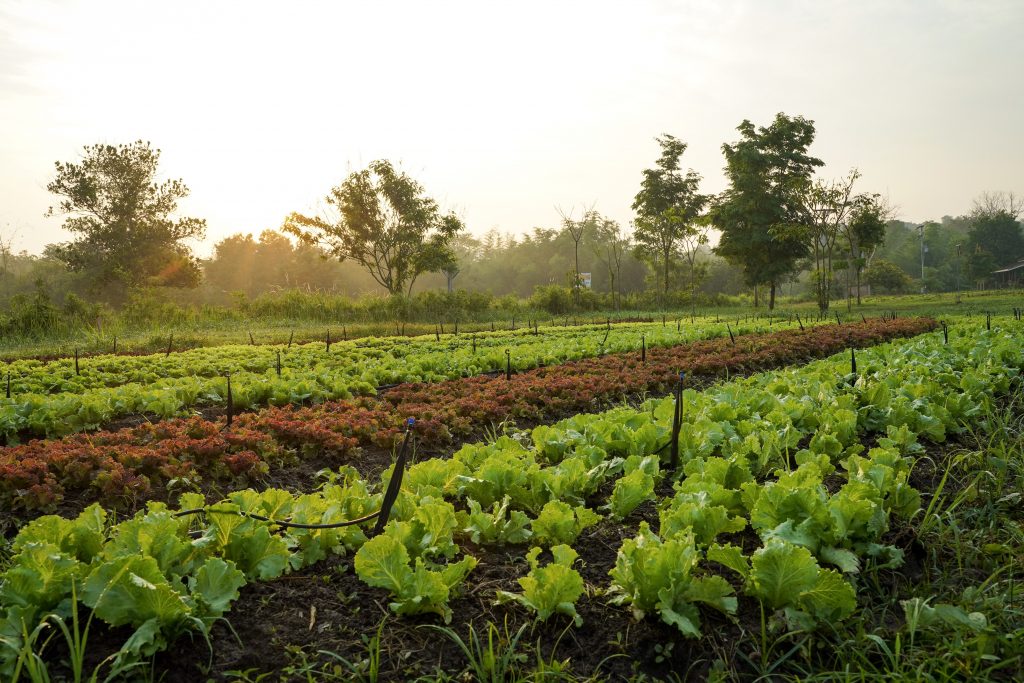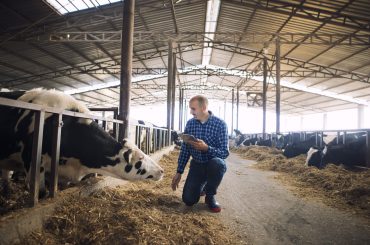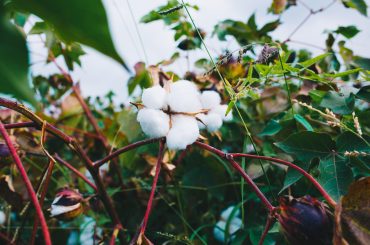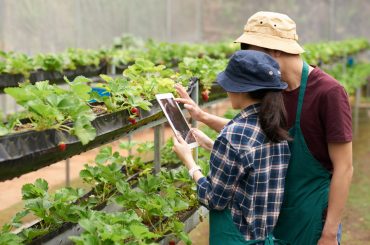Nowadays, more and more people are shifting their focus to organic farming. This is precisely due to the significant number of benefits offered by this particular approach.
The best part about this technique is that it uses dried leaves and kitchen compost, which lessens investment. Along with that, it guarantees the development of healthy plants free from any toxic chemicals.
More About Organic Farming
It is distinguished by the usage of unique farming methods, biological pest management procedures, and green manure, which helps maintain the soil’s efficiency. Avoiding the use of artificial or chemical fertilizers and pesticides effectively reduces the threat of vulnerability to certain diseases. Due to all of these reasons, it has become a leading industry globally.
In the below-mentioned section, you will learn about the advantages and disadvantages associated with it. Understanding those will help you to make a practical choice.
Advantages Of Organic Farming
Prevents The Usage Of Toxic Fertilizers
It does not involve any toxic or harmful substances to keep pests off. On the other hand, industrial fertilizers are very much toxic. Due to this reason, one should restrict them from using inorganic or industrial fertilizers.
Organic farming does not harm the environment or consumers. The use of pesticides, herbicides, and artificial growth hormones is forbidden within an organic farm.
More Nutrition And Better Taste
Naturally-raised vegetables and fruits have a much more excellent taste when compared to the ones raised inorganically. This is because they are given more periods to develop.
The sugar structures in these plants get more time to complete and develop, which results in a healthy and tasty product. Also, the organic farming approach conserves the nutritional value of the plant as it does not involve the usage of any artificial chemicals.
Lower Prices
Many people think that the yields derived from organic farming are very much costly. But, this is a misconception.
Whenever you cut out the time expended in organic farming, the actual costs are minimal. Unlike farmers, organic crop producers do not have to pay a lot of money for costly chemicals and extensive amounts of water.
Environment-Friendly Practices
Organic farming involves the use of green pesticides such as compost tea, neem, and Spinosad which are non-toxic and environmentally friendly. Due to this particular reason, it is considered to be an environmentally friendly practice.
Improves Nourishment Of Soil
The best part about organic farming is that it effectively addresses soil administration. This technique involves the use of green manure, which does not cause any harm to the soil. Instead of that, it contributes to providing nourishment to the soil.
Drought Resistant
Plants that are organically grown are more tolerant of drought. The soluble salts present in the cells of the fertilizer-fed plants are unable to osmotically draw an adequate amount of water for maintaining safe dilution.
Therefore, it contributes to increasing the content of salt. This salt degree reaches an explicitly toxic level, which is responsible for plants’ death.
Food Keeps Longer
Plants that are organically grown get natural nourishment. This renders the metabolic and structural integrity of their cellular structure to those which are traditionally grown. As a result, you would be able to store the organically grown foods for a longer period. Crops are less susceptible to rapid rotting and mould.
Disadvantages Of Organic Farming
• A lot of effort is needed to grow organic crops or plants successfully. Also, the time required is much higher when compared to those plants that are produced industrially. Due to this particular reason, many of the farmers avoid this method to reduce their work.
• Organic foods are sold at a much higher price at the supermarket. This is one of the primary reasons why people still do not entirely support organic farming usage.
• Genetically modified crops or plants are those in which modifications of DNA structures occur. Once implanted, these seeds result in producing GMO crops.
• Then, these plants create seeds which are eventually leading to cross-breeding. So, this cross-breeding can ultimately hamper the main idea behind organic farming.
• When compared to the conventional farm, the yield produced by an organic one is much less. Due to this reason, many of the farmers still do not adopt this particular approach.
Final Thoughts
Therefore, these are some of the significant advantages and disadvantages of organic farming, which you should know.
So, the concluding lines say that anyone should focus on adopting organic farming approaches despite having some disadvantages as it is proven to be beneficial for the environment. Slowly and steadily, this will help to safeguard the environment.




